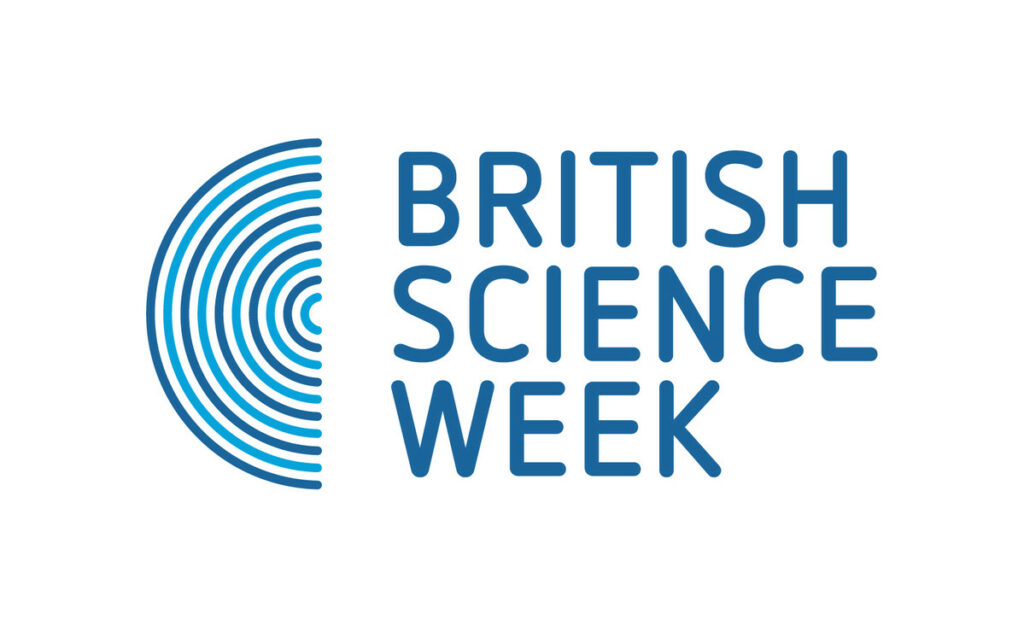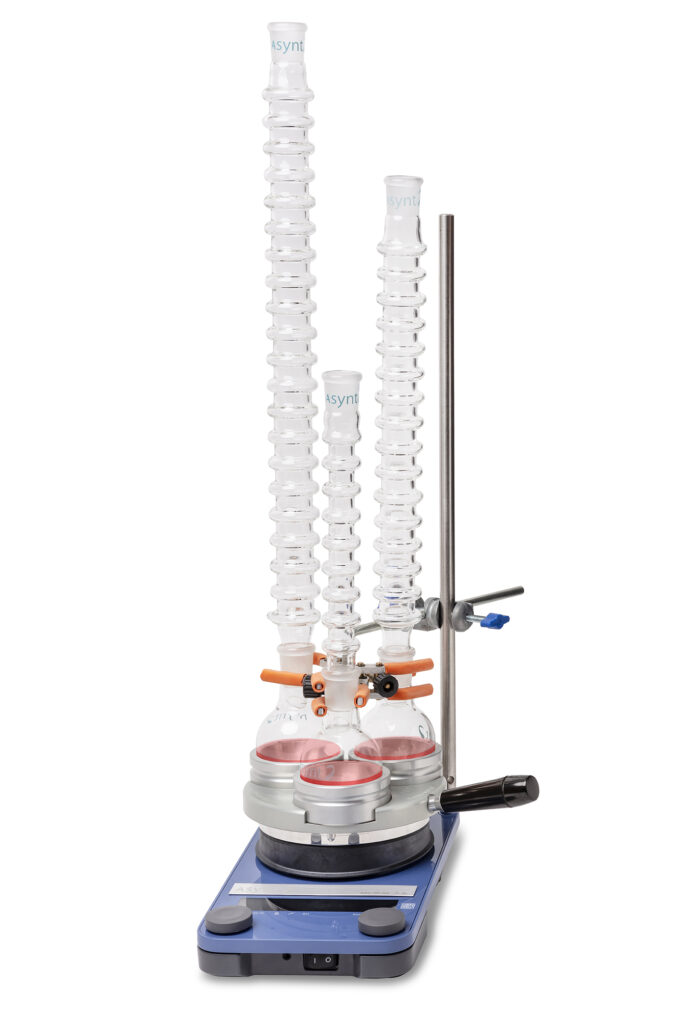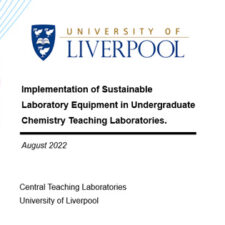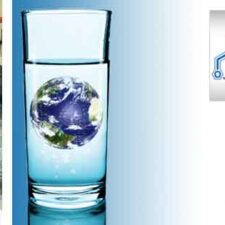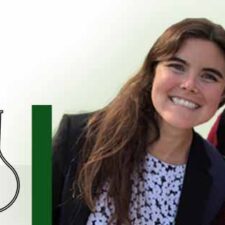With this year’s British Science Week (11th – 17th March 2024) theme being time, we’d like to share our 3 top tips for ways you can save time in the lab while also improving sustainability, efficiency, and repeatability of your results.
Saving time and boosting sustainability should be complimentary, not conflicting
It’s often insinuated that improving sustainability practices in the lab will be costly, complicated or time consuming, but the opposite is more frequently the case. Here we share just a few key examples of techniques that can help save valuable time in the lab and reduce your environmental impact too…
Parallel Synthesis
Parallel synthesis equipment allows for multiple simultaneous reactions to be performed with one heating/cooling source. By running reactions simultaneous you can achieve more in the same time frame than you would performing them in series. The ability to use a singular heating source also saves energy while improving reproducibility.
There is a huge variety when it comes to parallel synthesis apparatus. At the simplest end of the spectrum, you can run a selection of samples in vials or in round bottom flasks in heating/cooling blocks. For reactions that require additional stimulus, parallel pressure apparatus, CSTR Flow Reactors, photochemical and electrochemical reactors are all available in parallel formats – meaning you can tailor your equipment to your requirements with ease. All of these parallel tools have a compact footprint and are quick and easy to set up.
Asynt’s DrySyn oil-free heating block range allows for volumes of <1 ml to 500 mL in parallel on a single hotplate, and up to 27 reactions simultaneously at lower volumes.
The DrySyn and CondenSyn ranges allow for an array of parallel reactions
Waterless Condensers
Waterless condensers represent a significant saving in terms of set up time and energy/water usage. By using the shape of the glassware to induce condensation rather than a water coil, the waterless condenser (for example our CondenSyn) removes the need to daisy-chain tubing and leave taps running (avoiding potentially costly flooding).
CondenSyn can also be set up in parallel, on a single hotplate, running up to three reactions at once. This once again provides a sustainable, time saving method to perform multiple reactions.
In-house Liquid Nitrogen Generation
Liquid nitrogen is crucial to many processes in the laboratory, for example nuclear magnetic resonance (NMR) and sample preservation. In order to maintain consistent cryogenic temperatures, users require regular deliveries of liquid nitrogen (which is used to insulate the liquid helium cooling the magnets in NMR machines for example).
By replacing outsourced LN₂ deliveries with in-house generation you can eliminate waiting times, quickly and easily generating supply as and when required. By generating liquid nitrogen on site, users negate inefficient deliveries (including time spent organising the supply, coordinating delivery and transfer, and monitoring stock) in addition to preventing fuel usage and emissions from delivery lorries.
As a great bonus, in-house generation also avoids the loss of LN₂ to evaporation while being transferred to dewar storage, further improving the overall efficiency of the process.

Generating liquid nitrogen on sight saves time and energy
Conclusion:
These three top tips all demonstrate that time saving / ease of use and sustainability can be complimentary features of your lab equipment, rather than conflicting ideals. The right equipment can improve all aspects of your work in the lab.
If you’d like to speak with one of our technical team about how our equipment can save time and improve sustainability in your lab please don’t hesitate to call on + 44 (0)1638 781709, email [email protected] or use the LIVE CHAT box at the bottom right of your screen!
